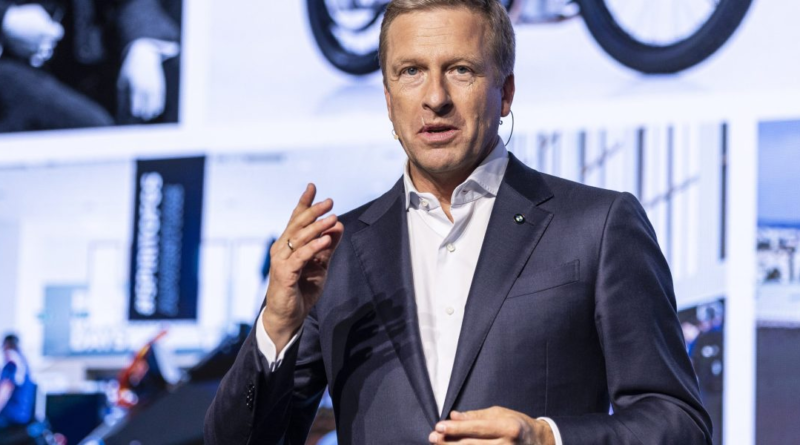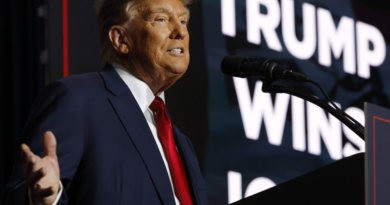What EV winter? BMW growth to be driven by its high-end EVs
Stumbling electric vehicle demand might be hurting other auto companies—but not BMW.
The German luxury carmaker has seen a massive 74.4% jump in the sale of all-electric cars (called BEVs) in 2023. But it doesn’t end there—its growth in the segment will likely continue, BMW said Thursday.
“Our all-electric vehicles continue to be a key growth driver. In 2023, BEVs made up almost 15% of our total sales,” BMW Group’s CFO Walter Mertl said in a statement Thursday.
As for 2024, the German company’s top-tier cars could be a key contributor to its stellar performance.
Referring to BMW’s expectations for the current year, Mertl said: “We should see significant growth of our BEV share as well as a double-digit growth in the upper segment.”
The company’s CEO Oliver Zipse also highlighted that luxury electric cars will drive the 8% to 10% operating profit margin growth in its automotive segment, which includes BMW, Mini and Rolls-Royce brands (down from 11% last year). BMW also plans to expand its “Neue Klasse” models with more advanced battery technology in the coming years.
“The NEUE KLASSE will significantly accelerate our ramp-up of e-mobility once again. BEVs – along with our models in the upper premium and luxury segment – are already our biggest growth drivers,” Zipse said.
Amid slowing EV demand, brutal price competition and pessimism from rival automakers, BMW has remained optimistic about the performance of its electric cars. In a January call, Mertl said that combustion engines had reached their tipping point last year, paving the way for BEVs to drive future growth, Bloomberg reported.
While it sounds all hunky-dory for BMW, the group still faces macroeconomic and geopolitical challenges, as well as lingering tensions from an EU investigation on Chinese subsidies.
BMW’s future path
The Munich-based company has seen a sharp year-over-year increase in the sales of its EVs, even while other car giants like Mercedes Benz, Audi and Ford have had to scale down their goals.
Last month, Mercedes’s CEO Ola Källenius warned that we were still “many years away” from achieving pricing parity between EVs and combustion engine cars. It doesn’t help that Chinese competitors entering European markets have made pricing of EVs much more contentious.
However, BMW sees the shift from fossil fuel-powered cars as being already underway.
“The current sales plateau of combustion cars will continue and then fall off slightly,” Mertl said in January.
A mix of BMW’s brand, its profit margins and engineering prowess could help set the automaker apart in the EV race, Matthew Fine, a portfolio manager at Third Avenue Management, told the New York Times earlier this month.
BMW has managed to defy the alarms sounded by its competitors. It witnessed higher margins through last year BMW’s goal is to have BEVs contribute 50% of its total sales by 2030, up from 15% in 2023.
A few other players have grand plans to expand. Volkswagen, for instance, has doubled down on its EV expansion, announcing 30 new models in 2024—some of which will be electric.




